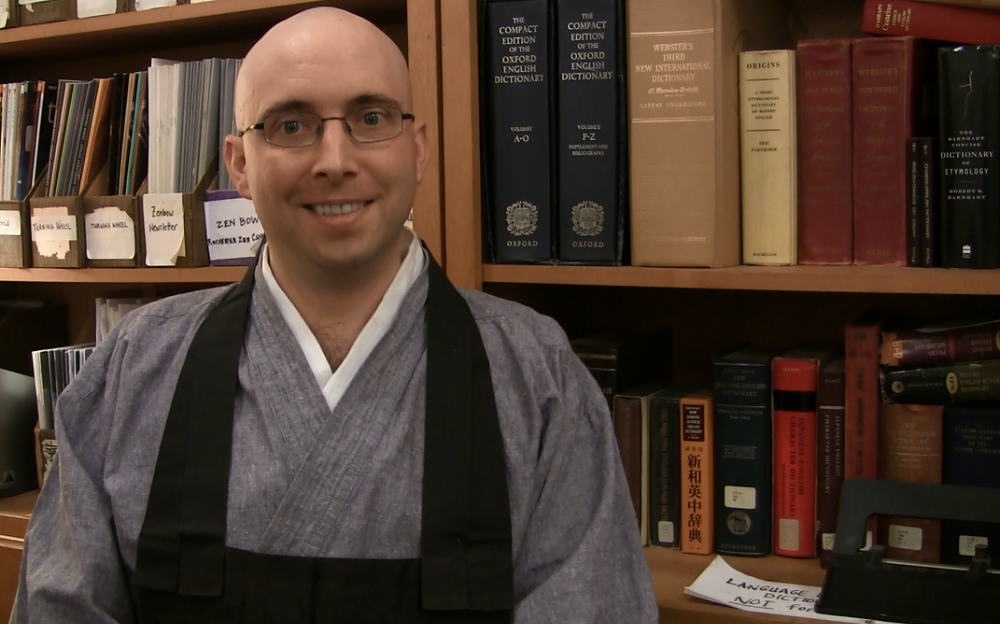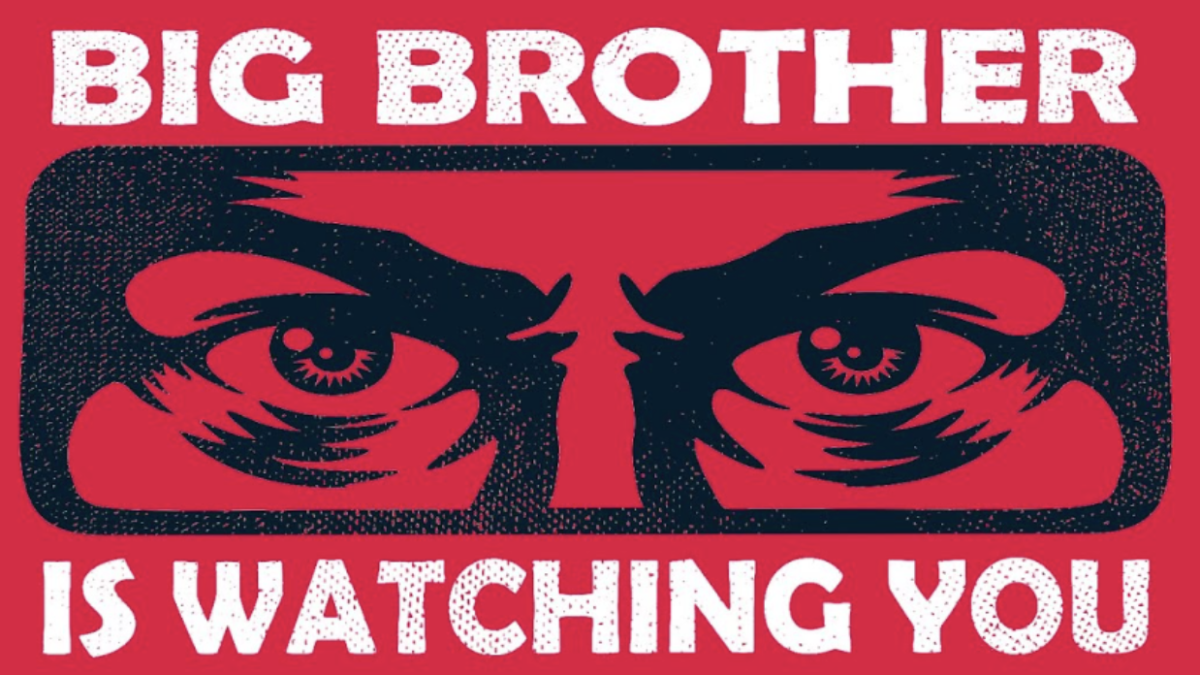By Ben Hebert ‘17
Last Monday the U.S. community was graced by the presence of Mr. Curtis Fabens, class of 2001, who spoke to curious students about his distinct worldviews and unique background as a freshly appointed Buddhist Priest. Though the one-of-a-kind opportunity to strengthen your understanding of human culture was clearly open to all students, only a select few managed to endure the burden of missing their precious opposite lunch free period. Those that did attend can attest to the wisdom Mr. Fabens openly shared with us about what life is and how one might go about living it.
Curtis started out by addressing the popular misconception that Buddhism is a dogmatic set of beliefs that all monks accept and follow. According to Mr. Fabens, Buddhism is not a set of beliefs or a code of conduct, but rather an acceptance that life is a winding maze that should be navigated in the best possible manner. Mr. Fabens frequently referenced the idea that the main goal of a Buddhist is to avoid suffering, and Buddhist practice can in fact be very different from person to person depending on the individual’s root causes of suffering.
Of course, as close minded westerners, we tend to raise an eyebrow at the notion of spending hours in deep meditation, doing absolutely nothing. When asked if he could describe meditation, Mr. Fabens responded with a simple “Absolutely not.” After two or three moments of confused silence, Mr. Fabens clarified that describing meditation would be akin to “painting a picture on a canvas that isn’t there.” We learned that meditation is different for every meditator – that the sole purpose of meditation is to grow closer to yourself and learn from yourself whatever it is that you have to teach, which, naturally, will be different for every person. Mr. Fabens then went on to describe the relationship between his experience as a Buddhist and his idea of “identity.”
Before anyone had the chance to ask, Mr. Fabens brought us back to his college years at Georgetown University where he allegedly found himself in an intimate relationship with an “underwear model” who was “really [sic] hot.” According to Mr. Fabens, when their relationship ended, he was devastated. Mr. Fabens said that he had grown so close to his girlfriend that she had become part of his identity, and when she left, he felt like a part of himself had left as well. So it is with Buddhism, we learned. Mr. Fabens stressed the importance of avoiding dependence on the fickle worldly commodities that modern society values most. Instead, he said, one should only depend on oneself, because you are the only one capable of evading your own suffering.
Mr. Fabens gave us a metaphor to describe his attitude towards his Buddhist practices: life is like surfing, and you can’t ride the same wave all the way to the shore. Mr. Fabens argued that if you attach your whole being to worldly things (e.g. his girlfriend), when those things leave you, you will fall into despair. Buddhism, Fabens argued, is a means of developing a flexibility to deal with anything that may come your way in life, just as a good surfer is able adjust and readjust many times before finally making it to shore. The students at the meeting were intrigued by this mindset. To best summarize Mr. Fabens’ lecture: Buddhism is not a religion, but a path that one must travel to extinguish all suffering.







